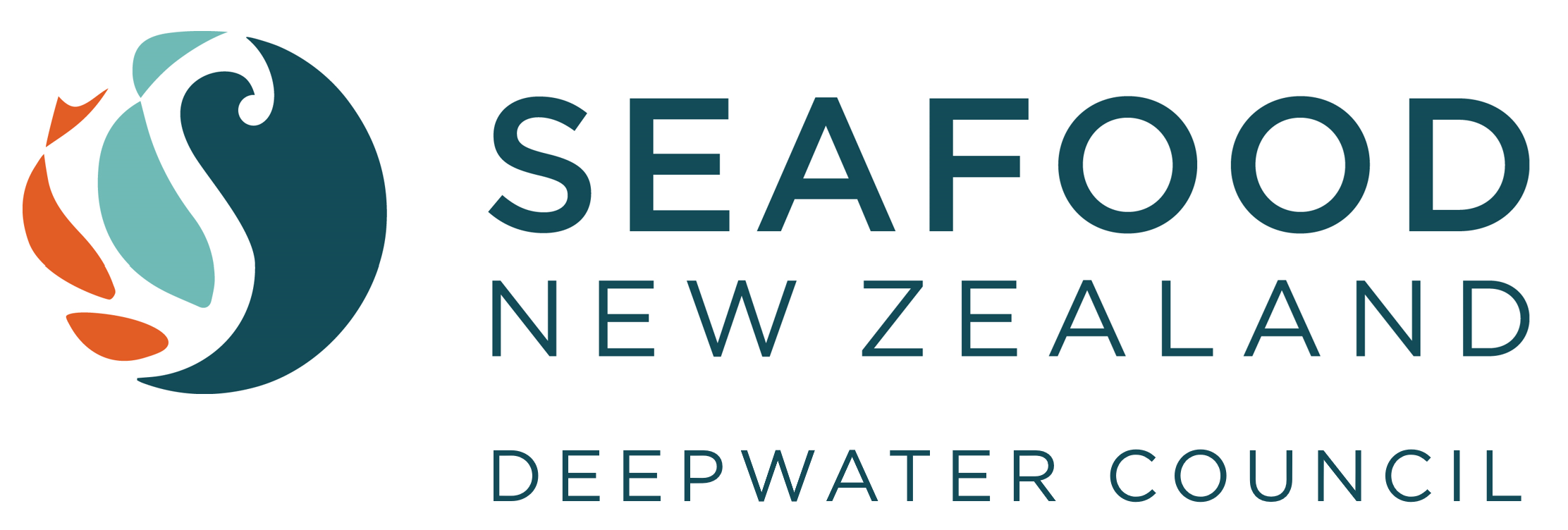NZ’s First Sustainable Seafood Week Reminds Kiwis To Play A Role In Protecting Our Oceans
Tuesday, 6 October 2020, 8:50 am
Press Release: Marine Stewardship Council
The Marine Stewardship Council (MSC) is launching New Zealand’s first-ever Sustainable Seafood Week to celebrate the leadership of MSC certified fisheries in Aotearoa while empowering Kiwis to choose sustainable seafood to ensure we have seafood for generations to come.
To date, almost half of New Zealand’s marine wild catch (by volume) is certified to the MSC Fisheries Standard for sustainability, significantly higher than the global average of 17%. This includes eight species – hoki, hake, ling, southern blue whiting, orange roughy, toothfish, albacore tuna, and skipjack tuna.
Research commissioned by MSC, an independent and international, science-based not-for-profit that tackles overfishing, revealed that 84% of New Zealanders are willing to take action to protect fish and seafood in the future, and 89% want to be confident that they are not buying unsustainable fish or seafood.
The first New Zealand Sustainable Seafood Week will be held from October 12-18, 2020.
Anne Gabriel, Programme Director, Oceania and Singapore at the Marine Stewardship Council, said: “Enabling New Zealanders and consumers around the world to make informed choices is a key focus for the Marine Stewardship Council. MSC sets globally-recognised, science-based standards for sustainable fishing and seafood traceability, using its world-renowned MSC blue fish tick label. If you are unsure about a product’s origins ask the supplier – be it a supermarket, fishmonger or restaurant.”
Seafood provides an essential source of protein to more than three billion people across the world. As a result, a third of fish populations are fished beyond sustainable limits, and a further 60% are fished to their maximum capacity. A third of New Zealanders surveyed - 35% - don’t think their favourite fish species will be available to eat 20 years from now.
“New Zealand produces some of the world’s most enviable and diverse seafood, which is something to be celebrated and protected. By being more informed we can ensure seafood and fish is available for not only our children but our children's children,” Gabriel says.
The MSC is also helping to educate future generations, with curriculum resources about sustainable oceans in New Zealand entitled Te Kawa O Tangaroa – Tangaroa’s World. It includes resources for primary through to secondary school pupils with materials that cover geography and biology, the marine ecosystem and its food chains, why overfishing is harmful and the global fish trade and food security.
“The younger generations are more aware of protecting the natural world, and this pack is intended to guide them in an engaging way.”

